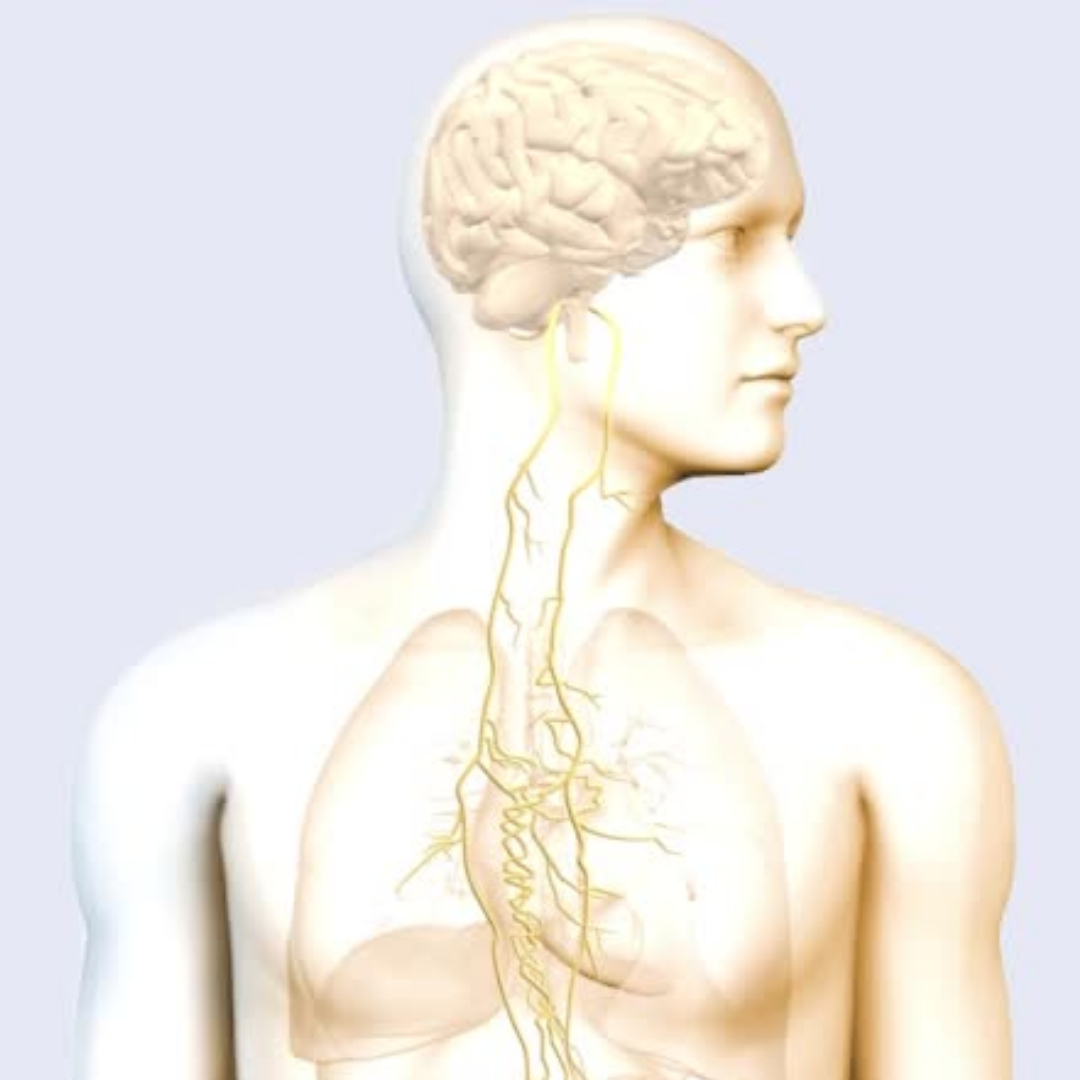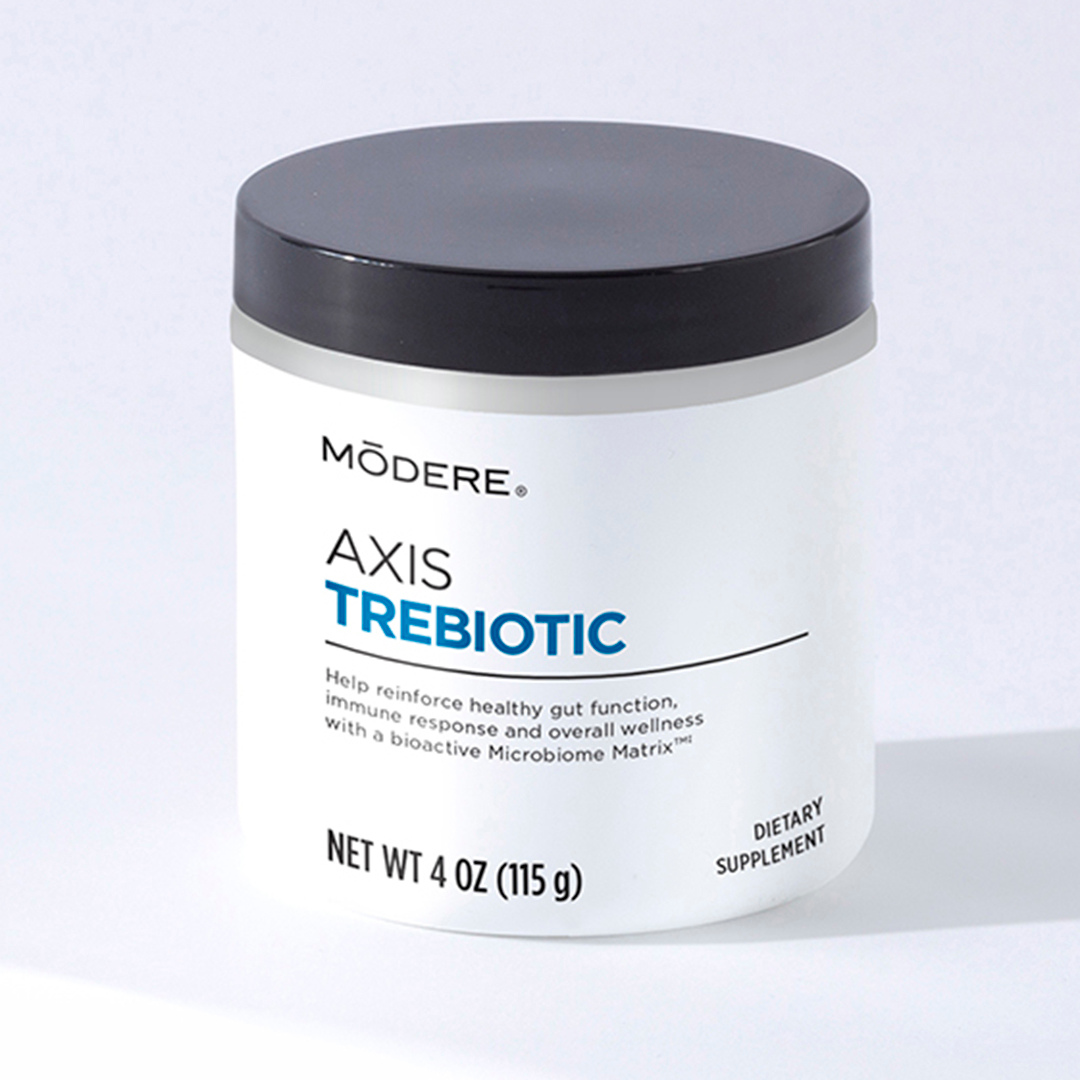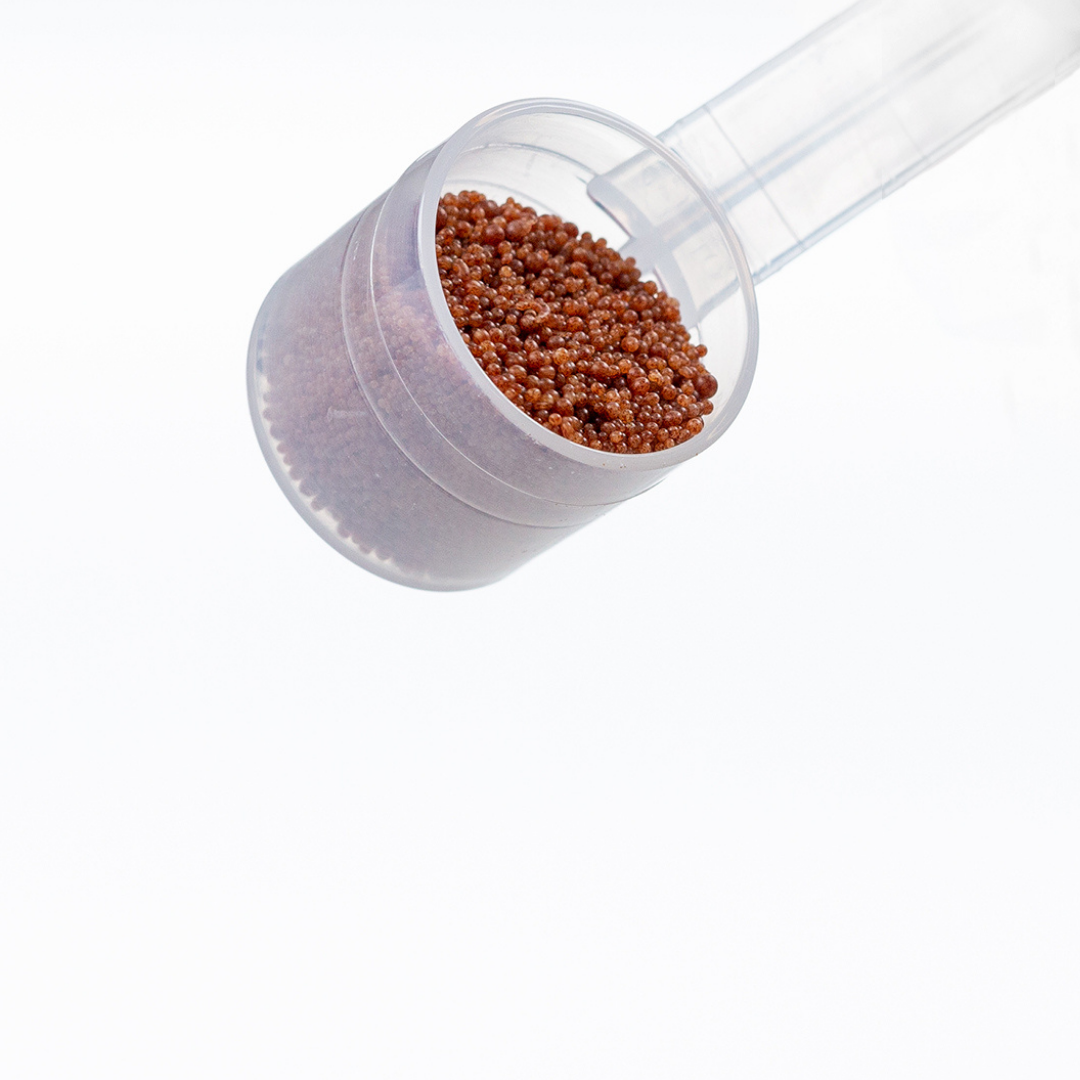Here’s What You Should Know.
Immune health on your mind? As kids head back to school and the leaves begin to change, cooler weather isn’t the only thing in the air. You likely have your immune-boosting regimen: vitamin C, grandma’s chicken noodle soup recipe, lots of hand washing. But there’s another key factor to immune health that you might be overlooking — your gut.
HOW YOUR GUT KEEPS YOUR IMMUNE SYSTEM STRONG
Most people aren’t concerned about their gut unless they are experiencing some sort of digestive upset, so in the absence of those symptoms you might think everything inside is functioning as it should. But there’s more to the story when you learn that 70% of your immune system lives in the intestinal tract, and it depends on a healthy microbiome — a vast community of symbiotic microorganisms that colonize your gastrointestinal tract and play a critical role in your health.
These beneficial bacteria contribute to a protective barrier in your gut and act as your first line of defense.[1]
Conversely, when your gut is imbalanced, your immune system may be compromised. You may feel occasionally fatigued, stressed, and less than your best.
That’s why supporting your gut microbiome is one of the most powerful things you can do to strengthen your immune health. But when it comes to supporting optimal gut wellness, where should you start?
4 GUT-HEALTHY HABITS TO SUPPORT IMMUNITY
The good news is you have more control over the health of your gut microbiome than you might think. Your daily lifestyle choices including diet, stress, exercise, sleep and even medications all play a role in the function of your gut. Here are some important ways to naturally help keep your gut healthy and in balance:

- Stay Hydrated. We all know that water is essential for good health. Water helps the body absorb nutrients and works with the stomach’s acids to break down the foods you eat. Staying hydrated can also have a beneficial effect on your gut lining, as well as help to balance the friendly bacteria in the gut.
Without enough water, your bloodstream cannot properly transport the nutrients from the food you consume throughout your body, which could be a serious detriment to your immunity and overall health. Ditch dehydration and always keep a reusable water bottle close by. - Exercise. If you needed another reason to exercise, here’s one: animal research reveals that regular exercise may enrich the healthy bacteria in the gut.[2] There is compelling data that shows a relationship between exercise and improving the body’s natural defenses for a resilient immune system.[3] Becoming active and breaking the cycle of sedentary behavior will improve your overall health, so dedicate to 30 minutes of movement daily, whether it be walking the dog, practicing yoga or hitting the gym.[4]
- Sleep. Sleepless nights are annoying, but they can be harmful to your digestive and immune health. There is a proven link between sleep and intestinal health as well as sleep and the immune system.[5],[6] Studies show that people who don’t get enough sleep are more likely to be susceptible to germs as well as take longer to recover when they don’t feel well. So do your best to stick to a regular sleep schedule, and resist the urge to habitually check your social media in bed. Your gut (and the rest of your body) will thank you.
- Focus on Food. Diet is a main factor in immune and gut health. The saying “you are what you eat” has never been more true than when talking about the digestive system.
To help maintain healthy immune and intestinal system function, the expert advice is twofold: reduce your intake of processed foods, artificial sweeteners, and saturated fats, and increase prebiotic- and probiotic-rich foods in your diet.
Prebiotics are types of fiber found in vegetables, fruits, and legumes. Along with helping to regulate your digestive tract and promote regular bowel movements, prebiotics support good bacteria, also known as probiotics, in your gut. Probiotics are found in fermented foods such as sauerkraut, miso, and yogurts containing live and active cultures.
ADDITIONAL BENEFITS OF A BALANCED GUT MICROBIOME
As it turns out, a healthy gut does much more than support a strong immune system.
When your gastrointestinal tract is healthy, just about everything functions better. Gut health affects nearly every part of your body. More and more scientific findings support the powerful influence your gut has not only on your immunity, but also on your digestion, mood, and brain health.

- Digestive Support
Every cell in the body depends on food for fuel. A healthy digestive system breaks down the food we eat into a simple form that can enter the bloodstream and be delivered as nutrients throughout our bodies. This provides the nourishment needed to stay energized every day, all day. - Cognitive Health: The Gut-Brain Connection
There is a strong relationship between the gut and the brain. Evidence suggests gut bacteria communicates with the brain to influence a person’s frame of mind and behavior.[7] For example, the gut microbiome is responsible for producing 95 percent of the serotonin in the body, which influences feelings of happiness.[8] When your gut is healthy, your brain, mood, and mind are healthy. - Overall Wellness and Balance
Having a diversity of microorganisms means there is better balance in the intestinal tract. And balance is everything! If your digestive system is thrown out of balance, you may experience occasional unpleasant gastrointestinal issues (bloating, stomach pain, nausea), fatigue, low energy, brain fog, and worse.
EVOLVING SCIENCE: PREBIOTICS, PROBIOTICS & POSTBIOTICS
In light of your gut’s vital influence on your immune health and overall wellness, is there any more you can do to help ensure a balanced gut microbiome? Science says yes!
We’ve already discussed the benefits of probiotics, the live bacteria that can help maximize digestive health and support immunity. And probiotics are best used in conjunction with prebiotics, which feed the growth of healthy bacteria in the gut.*
But that’s just the beginning. Emerging research now suggests the importance of supplementing with postbiotics.
What are postbiotics? Although the concept is fairly new, the growing interest in this group of beneficial compounds has spurred ongoing research that continues to corroborate the evidence that postbiotics can help promote optimal gut health and overall wellness—and that adding a postbiotic to your gut health formula can synergistically optimize its benefits.*
But finding a quality supplement that combines prebiotics, probiotics, and postbiotics hasn’t been easy—until now.

THE NEW BIOLOGY OF WELLNESS
Modere Axis™ TreBiotic with its first-ever 3 in 1 Microbiome Matrix™ is the cutting-edge of nutraceutical science, combining highly researched pre-, pro-, and postbiotics. This advanced, proprietary formula is shown to help promote gut health, immune function, brain health, and overall wellbeing.*
The three key factors of Modere Axis™ TreBiotic are:
- Prebiotic
GOS Prebiotic provides an abundant food source for good bacteria in the gut. In vitro studies have shown that GOS cultivates the population of L. plantarum DR7 found in our probiotic complex, at a rate that’s 900% more prolific than inulin, another common prebiotic. Since GOS can help gut bacteria populate faster and with greater density, you will see and feel the benefits quickly.* - Probiotic
NeuroFlora™ probiotic complex is an exclusive blend of L. plantarum DR7, L. brevis, and P. acidilactici bacteria that is scientifically backed by strain-specific studies. With 10 billion cells per serving at the time of manufacture, these highly bioavailable bacteria can tolerate a range of pH and temperatures, making them ideal for colonization of the gastrointestinal tract. NeuroFlora goes beyond gut health to support immune function and overall wellness.* - Postbiotic
EpiCor® GI+ is a unique fingerprint of bioactive ingredients that make it a one-of-a-kind postbiotic backed by 15 scientific studies.
Gut model studies show that EpiCor supports healthy levels of butyrate in the intestines, helping to promote a healthy gut lining which in turn optimizes micronutrient absorption. This allows vitamins and minerals to enter the bloodstream where they are needed for immune support and overall wellness.[9]*

Innovative, Easy-to-Use Delivery System
Unlike most supplements, Axis TreBiotic utilizes a unique and versatile beadlet delivery system. Simply sprinkle one scoop daily onto cereal or yogurt or blend into a smoothie. You can even add it to oatmeal or a salad.
And TreBiotic fits easily into your daily routine. It is shelf-stable and requires no refrigeration.
Best of all, this state-of-the-art nutraceutical is formulated with clean ingredients that are gluten-free, non-GMO, sugar-free, keto-friendly, and suitable for vegetarians.
SUPPORT YOUR IMMUNE & GUT HEALTH NOW
Maintaining the proper balance of good bacteria in your gut is vital for your physical and mental health. When you focus on supporting a balanced gut with daily supplementation using a unique, science-backed combination of prebiotic, probiotic, and postbiotic nutrients, you create the ideal environment for a healthy microbiome. And now we know that a balanced microbiome promotes healthy immune function, micronutrient synthesis, brain and cognitive health, and optimal overall wellness.*
It’s never been more important to support your gut. Begin today with Modere Axis TreBiotic. SHOP NOW.
| *These statements have not been evaluated by the Food and Drug Administration. This product is not intended to diagnose, treat, cure or prevent any disease. |
[1] https://academic.oup.com/ajcn/article/73/2/444s/4737576
[2] https://www.ncbi.nlm.nih.gov/pmc/articles/PMC4082611/
[3] https://www.sciencedirect.com/science/article/pii/S2095254618301005
[4] https://www.ncbi.nlm.nih.gov/pmc/articles/PMC5302835/
[5] https://pubmed.ncbi.nlm.nih.gov/26628099/
[6] https://www.ncbi.nlm.nih.gov/pmc/articles/PMC3256323/#Sec7title
[7] https://www.ncbi.nlm.nih.gov/pmc/articles/PMC5530613/
[8] https://www.ncbi.nlm.nih.gov/pmc/articles/PMC2694720/
[9] https://www.sciencedaily.com/releases/2013/11/131113132202.htm








